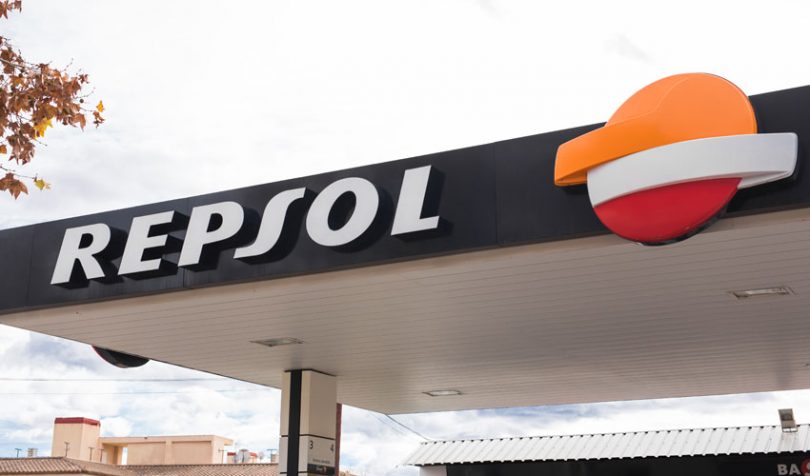Earlier this month, tech startup Finboot announced that it has secured investment from energy firm and a blockchain traceability contract from energy firm Repsol. The oil giant, which produces over 700,000 barrels per day, participated in Finboot’s latest funding round and now owns an 8% stake in the firm.
Spain/UK based Finboot offers blockchain as a service (BaaS) solutions mainly to the oil and gas, chemical, retail, and automotive industries, with plans to expand this reach. Its platform for developers, BlockLabs, is powered by the firm’s flagship enterprise software MARCO.
Meanwhile, Repsol has previously collaborated with BBVA on a blockchain issued loan. The firm has multiple green energy projects on the go and has acceleration programs such as the Fundación Repsol Entrepreneurs Fund, which initially helped BlockLabs reach its pilot stage.
Along with the investment, Finboot will use its software MARCO to enable the tracing and certification of Repsol’s petrol products on a blockchain. Repsol estimates the solution could save it €400,000 ($445,000) per year.
Let’s get technical
Finboot claims that MARCO is interoperable, scalable, and blockchain agnostic. Indeed, it is provided as a bespoke service via BlockLabs, based on any of Ethereum, HyperLedger Fabric, Quorum, or Cardano as fits the client.
In this case, Repsol’s oil certification solution uses Ethereum, a spokesperson for Finboot revealed to Ledger Insights via email. Though MARCO is the firm’s own solution, it runs on other decentralized frameworks. As middleware which sits between the blockchain and application, the question is whether it masks the benefits of the individual blockchains?
“It does not sacrifice the individual advantages of the different blockchains. Rather it builds an authentication and corporate oversight system on top of the different ledgers. MARCO also creates a generic ledger system, which is what allows it to interact with multiple frameworks,” replied the spokesperson.
The flexibility of frameworks supposedly leads to flexibility on what smart contracting languages can be used. However, the five blockchains are capable of using Solidity for that purpose. What is the case for MARCO?
Finboot claims both cases can be utilized: “[It can use] Solidity, that is correct. However, through our generic ledger system, smart contracts or chaincode of different scripting natures can be deployed. This is linked to the underlying ledger to use rather than to MARCO itself.”
What about permissions, are they native to the underlying chain or MARCO?
“There are two layers of permissions,” responded the spokesperson. “The DLT permission features stay on the ledgers: to transact or deploy, corporate users need ledger identities, and the permissions of those identities are governed by the ledger itself.”
“MARCO adds an authentication and corporate oversight system which enables enterprises use of the technology. With MARCO, enterprises can grant and revoke access to the ledger ecosystem, but they can never act on behalf of a user as each MARCO user has their own protected ledger identity,” they explained to Ledger Insights.
Ledger Insights has heard from corporates that they like open source and to review code. But the source code of MARCO’s software is not publicly available.
The spokesperson explained that will be coming soon: “MARCO’s middleware engines are proprietary. We do, however, have some additional modules and some specific smart contracts that are openly available. There is no GitHub repository of those yet, as we are finalizing their documentation.”
Finboot is far from the only blockchain-focused firm in the energy industry. VeChain is working on a similar project for the certification of natural gas, and Data Gumbo boasts investments from Saudi Aramo and Equinor for the oil supply chain. VAKT is another oil-focused blockchain for post-trade, also supported by Equinor.
Meanwhile, Repsol, along with Equinor and Chevron, is a founding member of the blockchain consortium Offshore Operators Committee (OOC).






